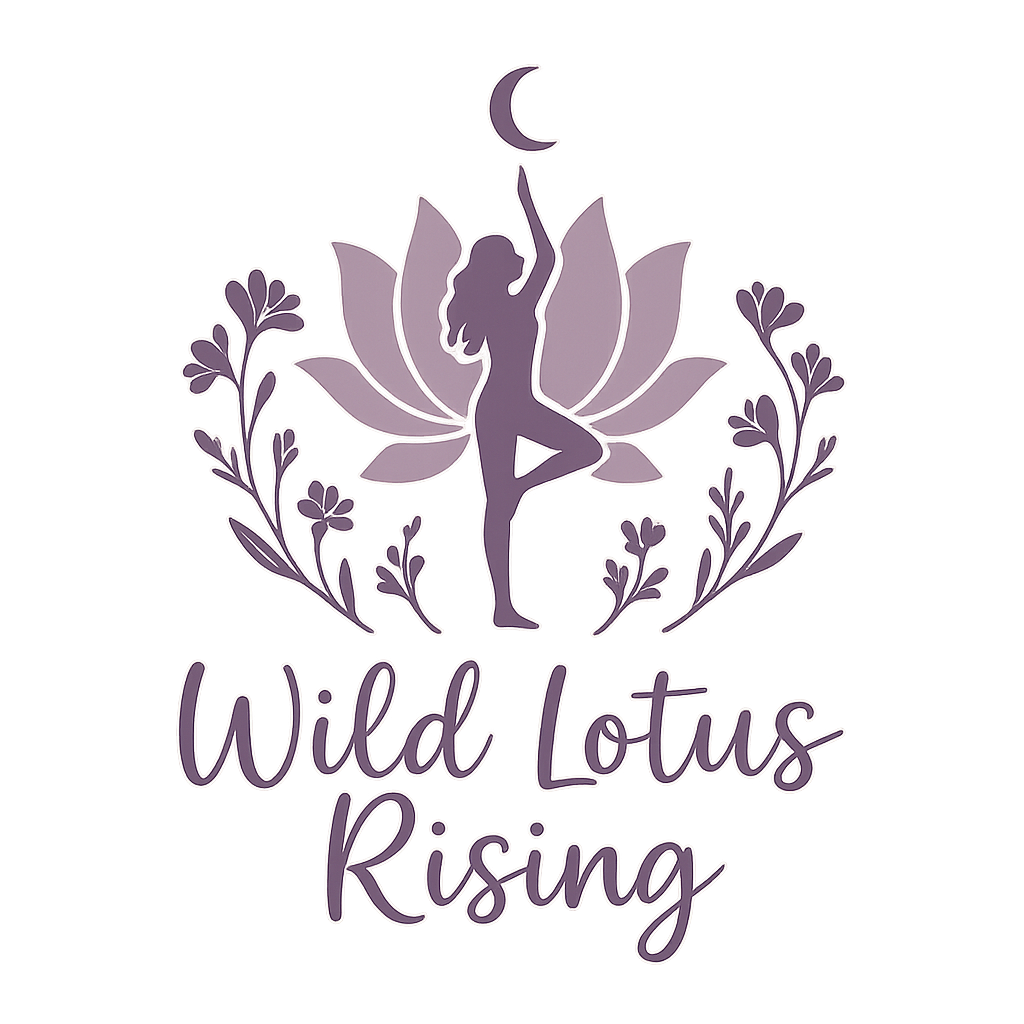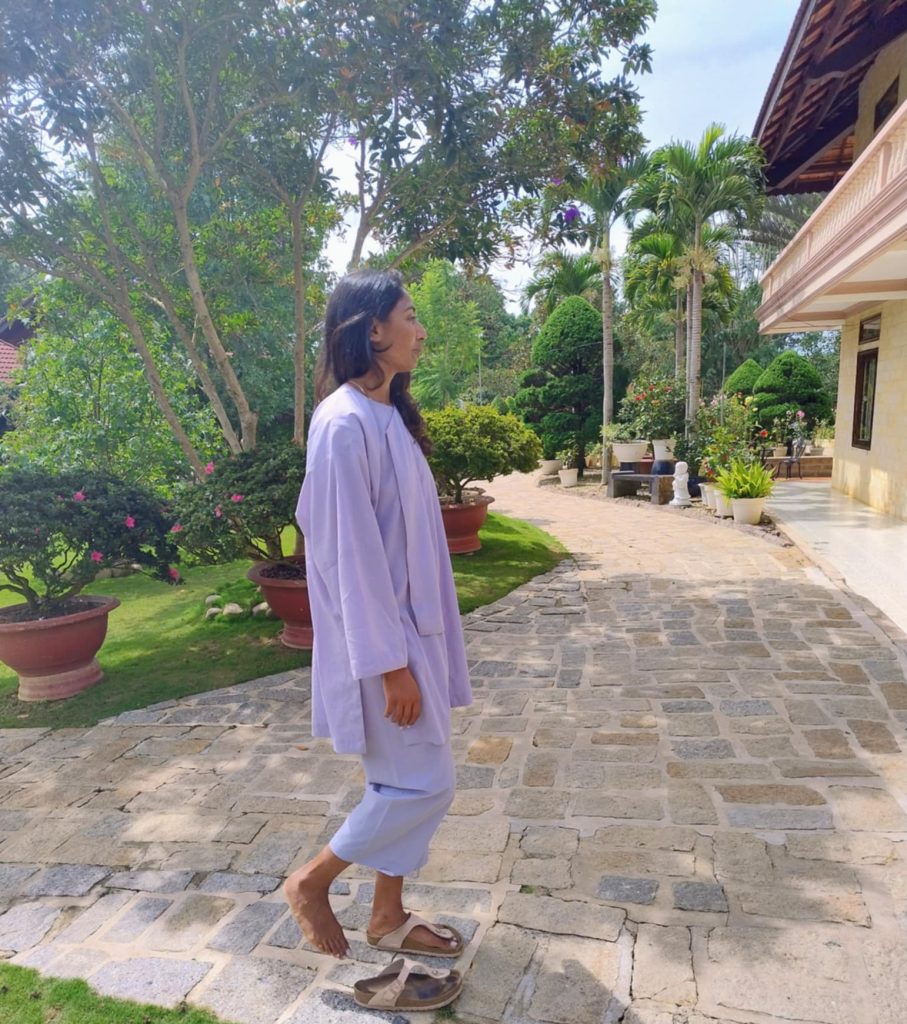“The real mask isn’t outside… it’s the self we refuse to question.”
The Ego in Disguise
Ego doesn’t always strut in proudly, chest out, demanding to be seen. Sometimes it dresses itself in softer clothes, hiding behind masks that look noble, spiritual, even loving. That’s why it’s so tricky to catch — it doesn’t always look like arrogance, it can look like sacrifice.
Think of the parent who says, “I do everything for my children,” when deep down it’s about control or the need to be needed. Or the martyr friend who gives and gives, secretly hoping one day their sacrifices will finally be recognized.
The ego can even slip into spiritual robes — the teacher who preaches detachment while quietly feeding off admiration, the healer who insists it’s all compassion while secretly enjoying the authority of being the one who “knows best.”
It shows up in the successful professional too — the one who swears they work hard only for their family, while their heart races at recognition, titles, and power. Or the generous giver who donates or volunteers, but makes sure the act is seen, posted, praised.
And then there are the quieter disguises: the one who refuses to speak up and calls it humility, when really it’s fear of rejection; or the strong one who carries everyone’s burdens, insisting they’re reliable, when really they’re terrified of being seen as weak.
The disguises are endless. And what they all have in common is this: the ego hides in them, restless and unsatisfied, always craving more, never letting you truly rest.
The parent who gave everything starts to feel invisible when the children don’t return the devotion. The healer who built an identity around compassion begins to crumble when they can no longer protect themselves from others’ heaviness. The selfless friend who carried everyone else’s weight suddenly feels abandoned when no one notices their struggle.
When the Disguise Breaks
The thing about disguises is they don’t last forever. At some point, the cracks begin to show.
That’s when the ego reveals its restlessness.
It whispers: “Why aren’t they appreciating you? Why aren’t they giving back? Haven’t you earned it by now?”
And if we listen, resentment builds. We withdraw, become numb, start protecting ourselves not from love, but from the wounds of unmet expectations. What we thought was soulful giving is revealed as conditional. What we thought was compassion is revealed as a bargain.
This is why the ego in disguise is dangerous — it convinces us we’re living from love, but the moment love is not returned in the way we expect, the mask slips and the truth stares back at us.
When the Mask Slips
The trouble with these disguised egos is that they leave us empty. At first, the mask feels safe, even noble. But when the applause fades — when the family takes you for granted, when the good deeds go unnoticed, when the “helper” isn’t thanked — a deep restlessness sets in.
I’ve felt it most with my own family. Every time I did something for myself, swords came out, accusations followed. It made me realize that no matter how much I gave, their eyes would only see what they wanted to see. That restlessness — that bitter disappointment — was my ego waking up, demanding to know why the world didn’t appreciate the “goodness” I had offered.
And yet, this disappointment has also been my teacher. It showed me that as long as my goodness needed to be seen, it wasn’t pure. It was ego in disguise.
What Ego Death Reveals
I first brushed against this truth in meditation. For months I sat, breathing, questioning, peeling back layers until one day — it all collapsed. My opinions, my image of myself, even the identity I carried as a doctor — none of it felt real anymore. For a fleeting but piercing moment, I was nothing. Not a role, not a name, not a story. Just an awareness, moving as lightly as the wind.
That glimpse never left me. Every time my ego rises with its clever disguises, I remember that nothingness. And in remembering, I am free again.
Some people taste ego death through psychedelics. The medicine can strip the layers quickly, throwing you into vast emptiness, and for a moment you see yourself without the mask. But when the effect fades, the ego rebuilds. The chemicals outside you can only point the way — they cannot sustain the path.
The deeper work comes when you create those inner chemicals yourself. Through steady meditation, breath, and inner discipline, your own body becomes the alchemist. You unlock a pathway that cannot be undone — a living memory inside you that keeps whispering, “You are not your disguise.”
This is the real freedom so many miss while chasing financial security, validation, or status. Freedom is not the abundance of choices — it’s the quiet joy of needing nothing to prove you exist.
The ego loves costumes — parent, savior, martyr, saint — but no disguise can last forever. When the applause fades, when the audience leaves, the restless mask slips and the truth waits underneath.
Real freedom isn’t about how much you have, how loved you are, or how much good you’ve done. It’s about loosening your grip on the disguise, even for a moment, and remembering who you are without it.
So I leave you with these questions to sit with:
- In what ways might my ego still be wearing the mask of “goodness”?
- Do I know the difference between soulful giving and disguised seeking?
- What would it feel like to live as if I needed nothing to validate my existence?
The answers don’t come all at once — they reveal themselves slowly, the way dawn melts into day.
But every honest glance beyond the disguise brings you closer to the freedom you’ve been searching for all along.


Lovely
Such a beautiful post and a deep understanding about Ego. Never looked at this perspective. love it.